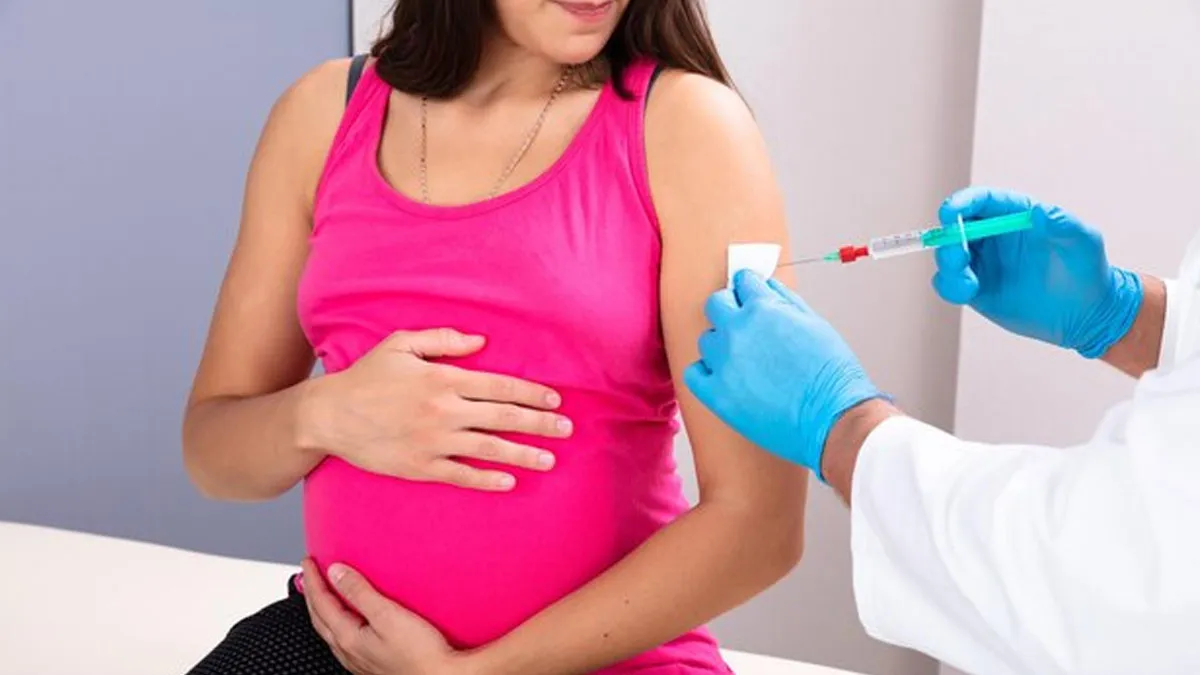
Pregnancy is a time of great physical and emotional change, and one of the most important ways to protect both mother and baby is through vaccination. Vaccines offer essential protection against various diseases that could lead to complications during pregnancy or affect the newborn's health. Understanding which vaccines to receive and when can help ensure a safe and healthy pregnancy, labour, and postpartum recovery. We spoke to Dr Vaishali Sharma, MD (AIIMS), Gynecologist and Obstetrics, IVF Specialist, who shared insights on the same.
Table of Content:-
Why Vaccination Matters for Mothers
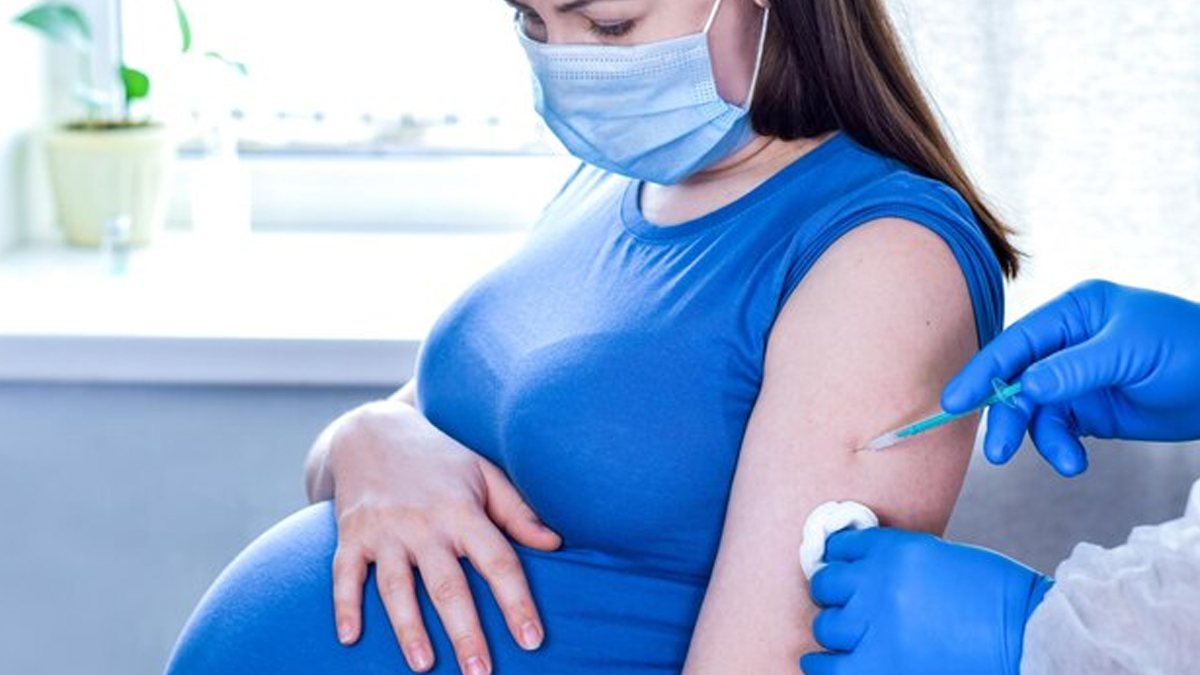
According to the 2015 study, immunological changes can make women more susceptible to certain infections, increasing the risk of severe outcomes during pregnancy. Vaccinating pregnant women not only protects them from vaccine-preventable diseases but also helps shield the fetus by transferring protective antibodies.
“Certain infections during pregnancy can pose serious risks, such as birth defects, preterm birth, or stillbirth. Vaccines not only protect the mother but also pass immunity to the baby, offering protection during the crucial early months before the baby’s immune system matures,” explained Dr Sharma.
Vaccination before, during, and after pregnancy plays a key role in reducing the risks associated with infectious diseases. However, it’s important to note that not all vaccines are safe during pregnancy, so it’s essential to follow medical guidelines on which vaccines to receive and when.
Also Read: Vaccination: Expert Explains What Science Reveals About Their Safety And Effectiveness
Vaccines to Get Before Pregnancy
Before conception is an ideal time for women to make sure they are up to date with their vaccinations. Some vaccines need to be administered at least a month before pregnancy to be effective, and others may require booster shots. Here are some listed by Dr Sharma:
1. Rubella (German Measles) Vaccine
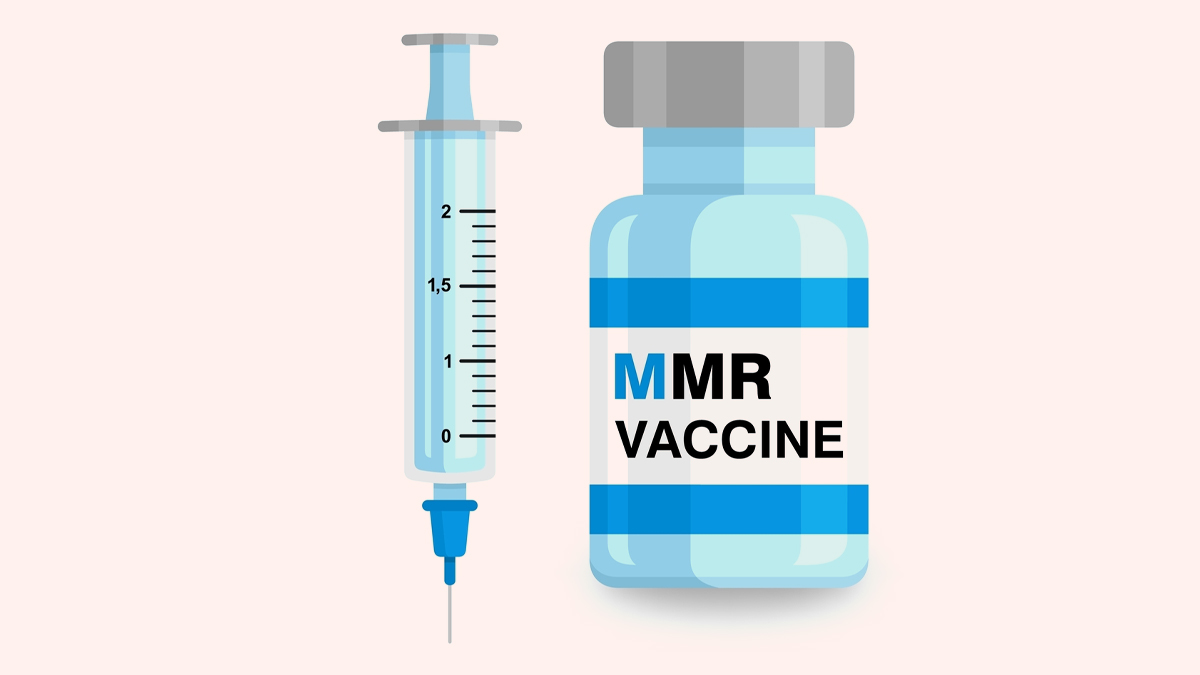
Rubella is a viral infection that can cause severe birth defects, such as heart problems, hearing loss, and developmental issues. Women, who are not immune to rubella should get the MMR (measles, mumps, rubella) vaccine at least a month before conceiving. A blood test can determine whether you are immune to rubella or need the vaccine. Getting vaccinated before pregnancy ensures the best protection for the baby.
2. Chickenpox (Varicella) Vaccine
“Chickenpox can be dangerous during pregnancy, causing birth defects or low birth weight in the baby. Women who have never had chickenpox or have not been vaccinated should receive the varicella vaccine before pregnancy. This vaccine is most effective when given at least one month before conception,” said Dr Sharma.
3. Tetanus, Diphtheria, and Pertussis (Tdap) Vaccine
Women who haven’t received the Tdap vaccine within the last 10 years should get vaccinated before pregnancy. The Tdap vaccine protects against whooping cough (pertussis), which can be life-threatening to newborns. It’s important to receive the vaccine before pregnancy to ensure the mother is protected and to reduce the risk of passing the infection to the baby.
4. Hepatitis B Vaccine
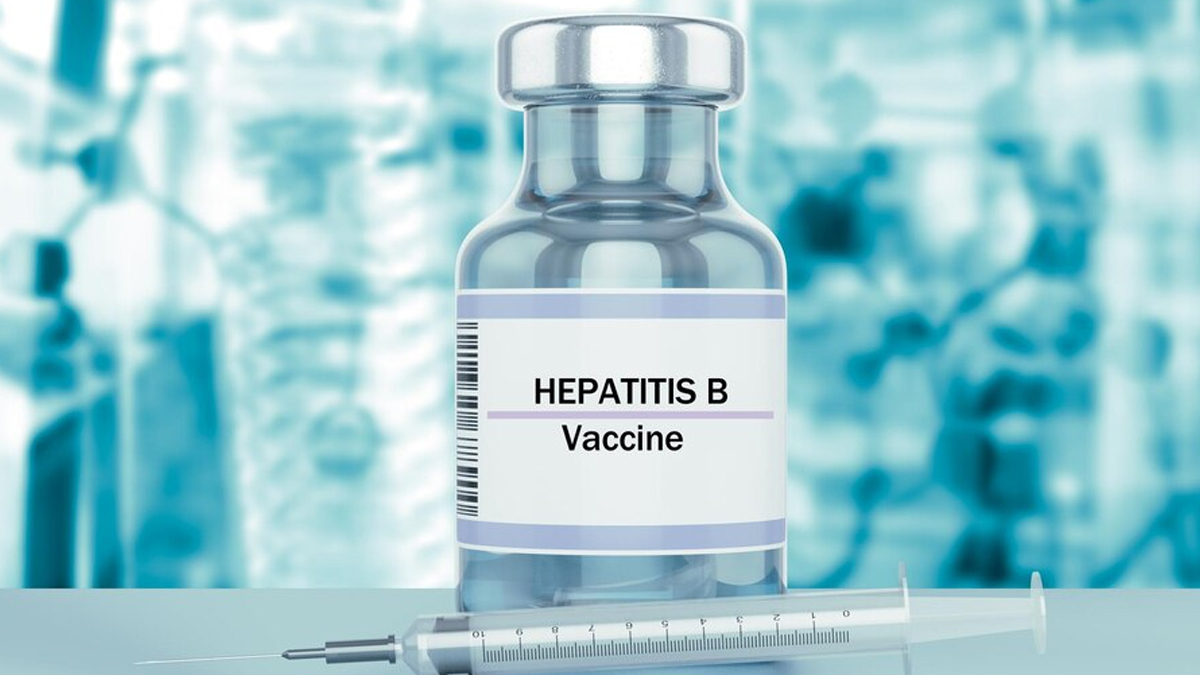
According to the Office of Research on Women's Health, a baby born to a mother with hepatitis B is most at risk of contracting the virus during delivery. It's important to discuss with your healthcare provider about getting tested for hepatitis B and whether vaccination is recommended.
“Women who are not immune to hepatitis B should receive the vaccine before pregnancy. If a woman is already pregnant, she should get tested for hepatitis B, and vaccination may be recommended based on the results,” added Dr Sharma.
Vaccines to Get During Pregnancy
Certain vaccines are crucial during pregnancy to safeguard both the mother and the baby. These vaccines are usually given during the second or third trimester when the baby can benefit most from the antibodies passed through the placenta.
1. Tdap Vaccine (Tetanus, Diphtheria, and Pertussis)
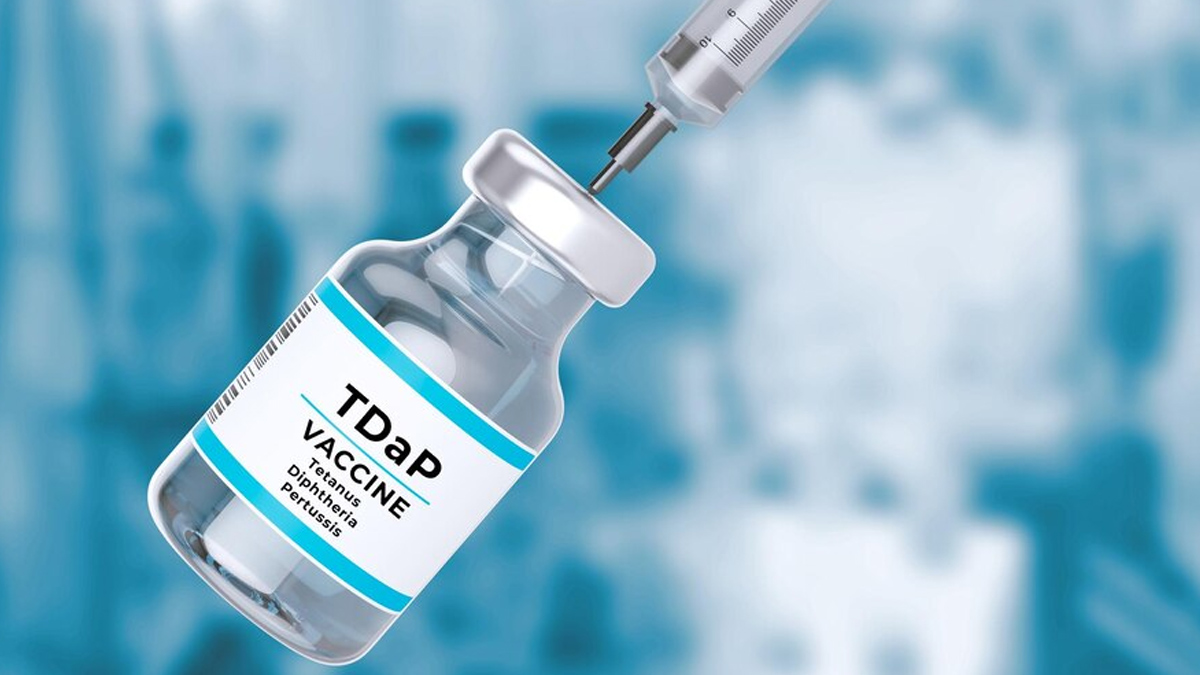
The Tdap vaccine is strongly recommended during pregnancy, preferably between 27-36 weeks. It protects the baby from whooping cough, which can be fatal for newborns. “The antibodies from the Tdap vaccine pass through the placenta, offering protection to the baby for the first few months of life when they are most vulnerable. Even if the mother has been vaccinated before, it’s important to receive a dose during each pregnancy,” said Dr Sharma.
2. Flu Vaccine (Influenza Vaccine)
Pregnant women are at higher risk of complications from the flu, such as pneumonia or preterm labour. Getting the flu vaccine during flu season is important for both maternal and foetal health. The flu vaccine is safe during pregnancy and protects the baby after birth by passing protective antibodies through the placenta. It is recommended for all pregnant women, regardless of trimester, during flu season.
The Centers for Disease Control and Prevention (CDC) advises pregnant women to get a flu vaccine by the end of October, even though the timing of flu seasons can vary. This ensures protection before flu activity starts to rise.
3. COVID-19 Vaccine
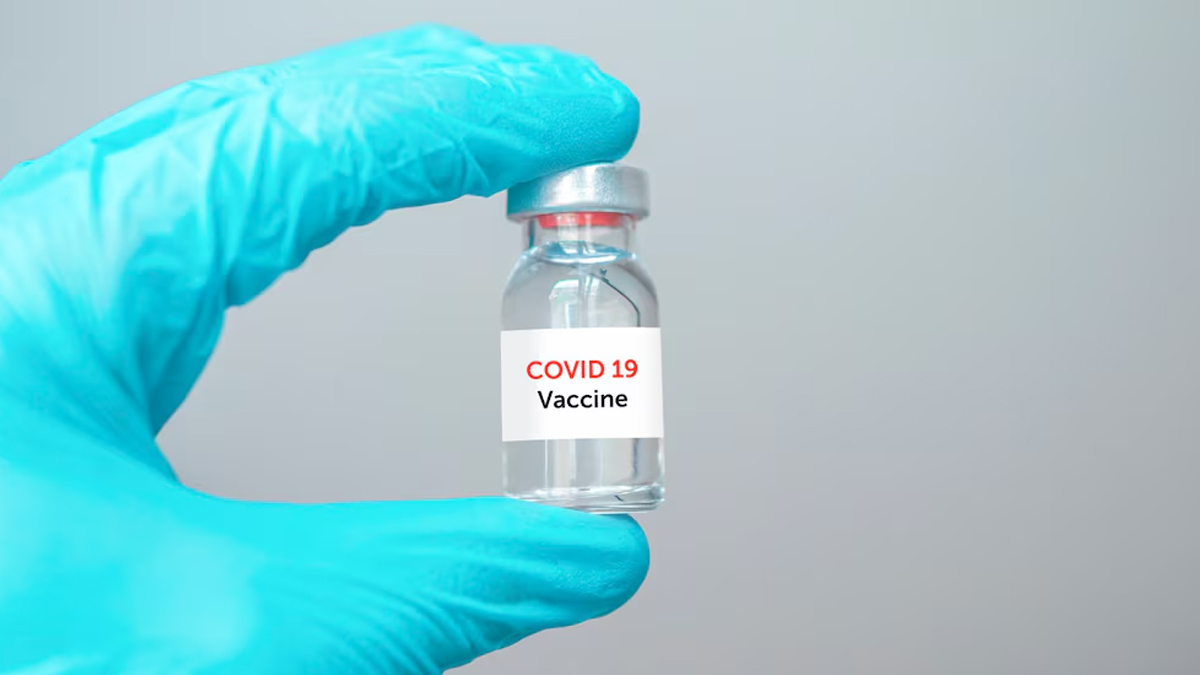
With the ongoing pandemic, the COVID-19 vaccine has become an essential part of prenatal care. Pregnant women are at a higher risk of severe illness from COVID-19, which can lead to complications like preterm birth or low birth weight. The COVID-19 vaccine is considered safe and effective during pregnancy, and it helps protect the mother and the baby from the virus.
4. Hepatitis B Vaccine (if not completed before pregnancy)
“If a woman has not completed the hepatitis B vaccination series before pregnancy, she can continue the series during pregnancy. This is essential to prevent virus transmission during childbirth,” advised Dr Sharma.
Vaccines to Get After Pregnancy
After delivery, it’s important to continue with vaccination to ensure long-term protection for both mother and baby.
1. Chickenpox (Varicella) Vaccine
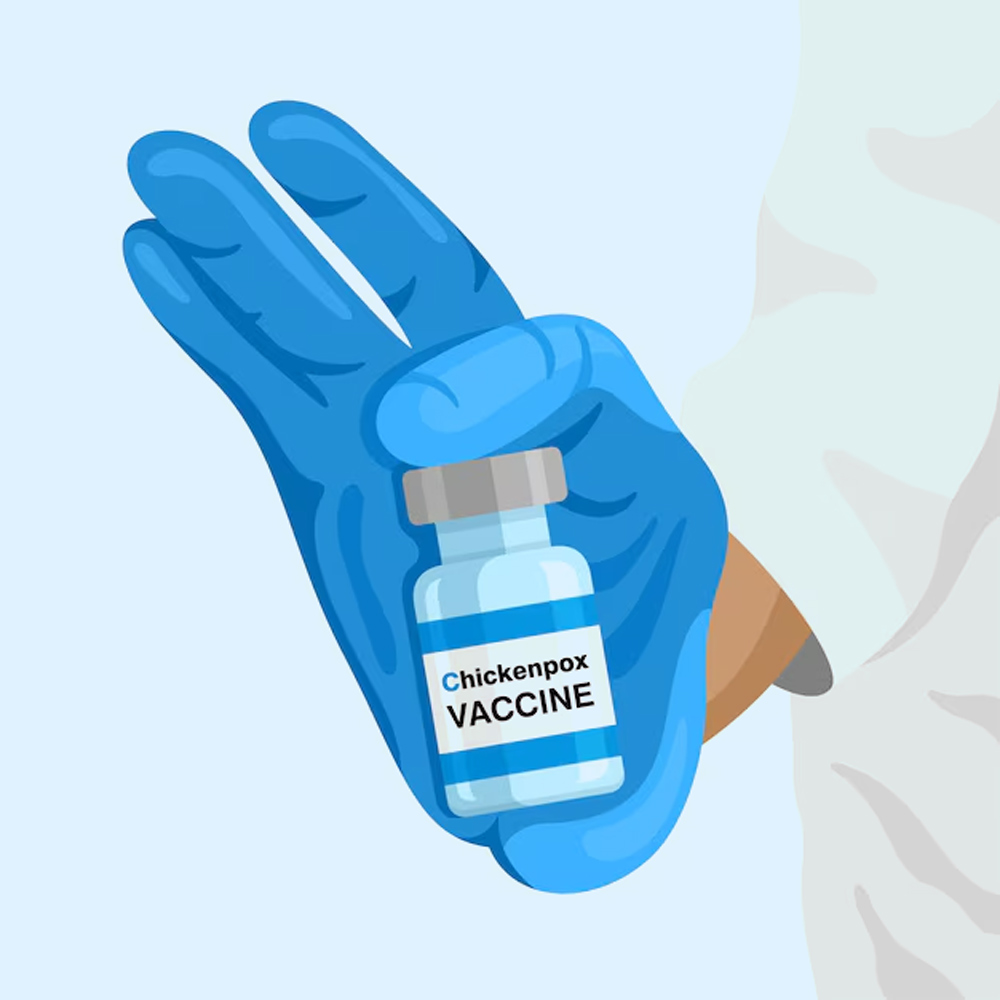
If the woman did not receive the varicella vaccine before pregnancy, it should be administered after delivery to ensure immunity. It’s safe to get vaccinated while breastfeeding.
2. Rubella Vaccine
If a woman was not immune to rubella before pregnancy, she should receive the rubella vaccine after delivery. However, it’s important to wait until after childbirth to get the vaccine, as it is not recommended during pregnancy.
3. Tdap Vaccine
If the mother did not receive the Tdap vaccine during pregnancy, she should get vaccinated immediately postpartum. This will help protect the newborn from whooping cough and prevent the transmission of the disease.
Bottomline
Dr Sharma concluded, “Vaccines are an essential part of prenatal and postnatal care. They protect the mother from infections that could have serious complications during pregnancy, and they also pass immunity to the baby, helping protect the newborn during the critical early months. By staying updated with recommended vaccines before, during, and after pregnancy, women can help ensure a healthy pregnancy, delivery, and postpartum recovery. It is always an excellent idea to discuss your vaccination schedule with your healthcare provider to ensure you and your baby are safe.”
[Disclaimer: This article contains information provided by an expert and is for informational purposes only. Hence, we advise you to consult your professional if you are dealing with any health issues to avoid complications.]
Also watch this video
How we keep this article up to date:
We work with experts and keep a close eye on the latest in health and wellness. Whenever there is a new research or helpful information, we update our articles with accurate and useful advice.
Current Version